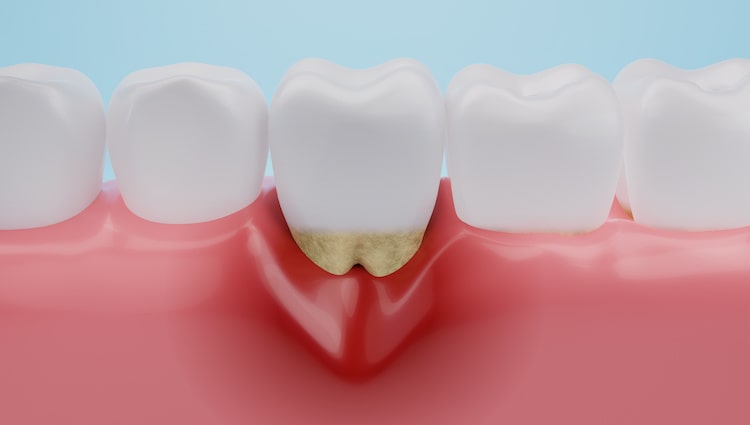Gum disease is a common condition that affects millions of people worldwide. It occurs when bacteria and plaque build up around the teeth and gums, causing inflammation and infection. If left untreated, gum disease can lead to tooth loss, bone loss, and other serious health problems.
Fortunately, there are several effective treatments available to help manage gum disease and prevent further damage. The type of treatment recommended will depend on the severity of the condition and the individual patient’s needs.
One common treatment for gum disease is scaling and root planing. This is a non-surgical procedure that involves removing plaque and tartar from the teeth and roots, and smoothing out any rough areas on the tooth surface to discourage future buildup. Scaling and root planing may need to be performed over several appointments, depending on the extent of the patient’s gum disease.


In more advanced cases, surgical treatment may be required. Gum surgery may involve removing infected tissue, reshaping the gums, or grafting healthy tissue to damaged areas. These procedures are designed to promote healing and prevent further damage to the gums and teeth.
Another important aspect of gum treatment is proper oral hygiene. Patients with gum disease should brush their teeth twice daily with a soft-bristled brush and fluoride toothpaste. Flossing or using interdental cleaners is also recommended to remove bacteria and food particles from between the teeth and gums. Regular dental checkups and cleanings are also important to monitor the condition of the gums and teeth, and to catch any issues early on.
Overall, gum treatment is a crucial aspect of maintaining good oral health. With proper treatment and care, patients can manage their gum disease and prevent further damage to their gums and teeth. If you suspect you may have gum disease, Dr. Anjoo Ely can help you determine the best course of treatment for your individual needs.

